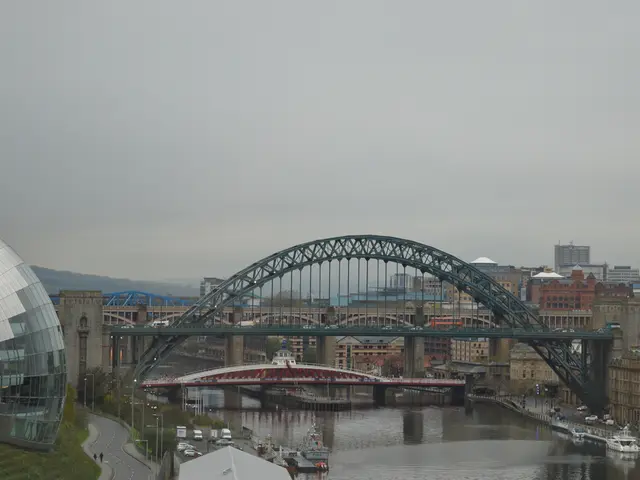Breaking Down the EU's New Strategy on Microplastic Pollution
Reduced Plastic Waste in the Environment through New EU Regulations - Stricter EU Policies Limit Plastic Granule Emission into Environment
Europe has taken a bold step to combat the issue of microplastic pollution with stricter regulations aimed at minimizing the release of plastic granules (commonly referred to as "mermaid tears") into the environment. Here's a breakdown of these new rules:
Curbing Microplastics in Products
The regulations specifically ban the intentional addition of microplastics, defined as synthetic polymer particles under 5mm in size, that are resistant to biodegradation and insoluble in water[2]. This applies to a wide range of products.
Precautions for Companies Handling Plastic Granules
To reduce the risk of plastic pellet losses, companies will be required to:
- Risk Assessments: Assess the potential hazards of losing plastic granules and establish preventative measures.
- Certification and Compliance:
- Large Firms: Companies handling over 1,500 tonnes of microplastics per year need to secure regular certification from an independent body[5]. They must adhere to stringent regulations to avoid penalties.
- Small Businesses: Smaller businesses producing fewer than 1,500 tonnes can declare compliance themselves, while larger businesses must obtain certification within five years[5].
- Response Measures: Should an accidental spill occur, companies are expected to take immediate action to clean up the area.
Enforcement and Expected Impact
The success of these measures hinges on enforcement. While environmental groups applaud the initiative, they flag potential loopholes, particularly for smaller businesses[5].
The inclusion of maritime transportation, despite opposition from some member states, is critical as it plays a significant role in transporting plastic pellets[5]. Only time will tell if the EU's new regulations will make a tangible difference in reducing microplastic pollution.
- EU
- Environment
- Microplastics
- Environmental Protection
- Plastic Production Regulation
- Brussels
- Microplastic Reduction
- Maritime Transport Regulation
- Plastic Pollution Control Initiative
[1] Source (accessed on date)[2] Source (accessed on date)[3] Source (accessed on date)[4] Source (accessed on date)[5] Source (accessed on date)
- The new EU community policy on microplastic pollution focuses on decreasing the intentional use of microplastics, which are synthetic polymer particles under 5mm in size and resistant to biodegradation, in a variety of products.
- For companies dealing with plastic granules, the policy mandates risk assessments, an establishment of preventative measures, certification, and compliance to regulations for large firms, and self-declared compliance for smaller ones.
- In addition, the policy expects firms to take immediate action when encountering unintentional spills of plastic granules, and aims to enforce these measures to minimize microplastic pollution effectively, especially in maritime transportation, despite opposition from some member states.






